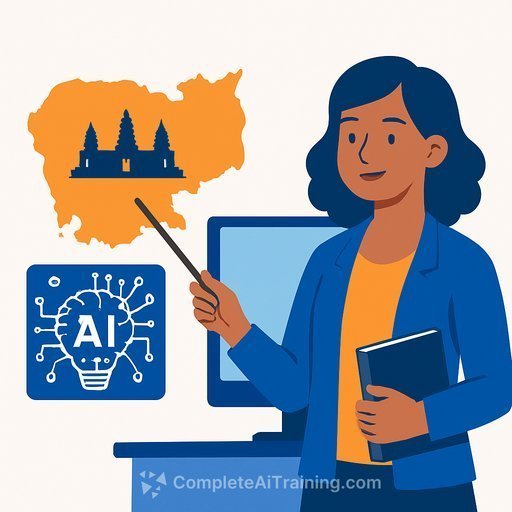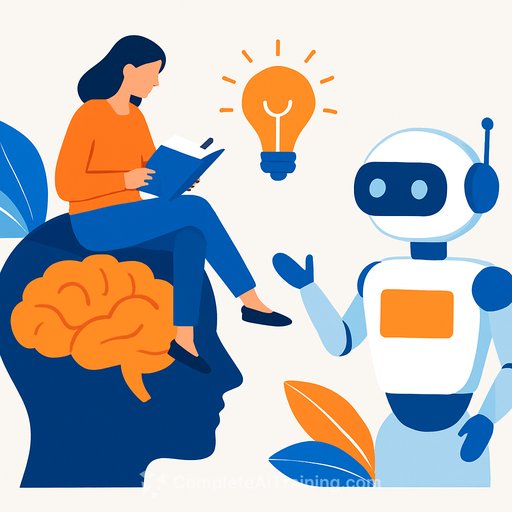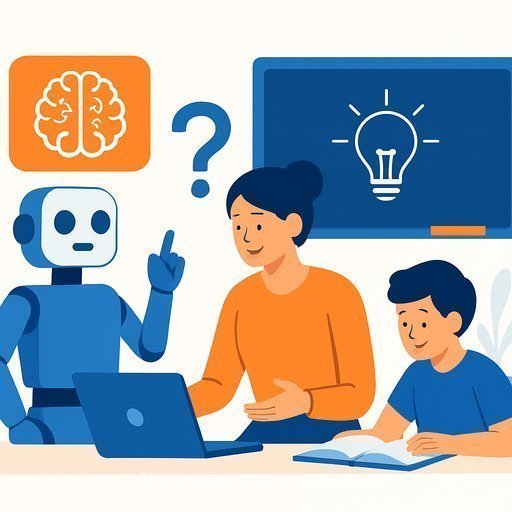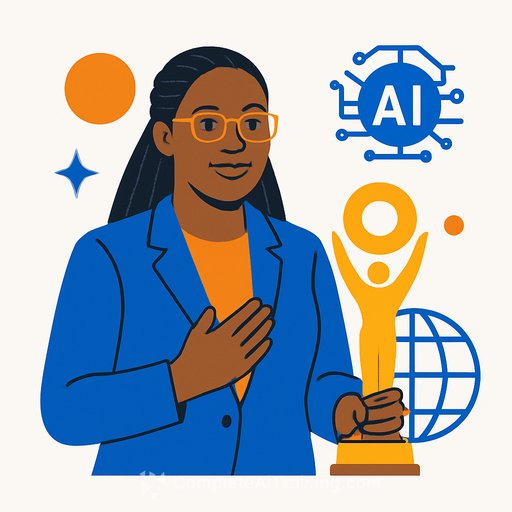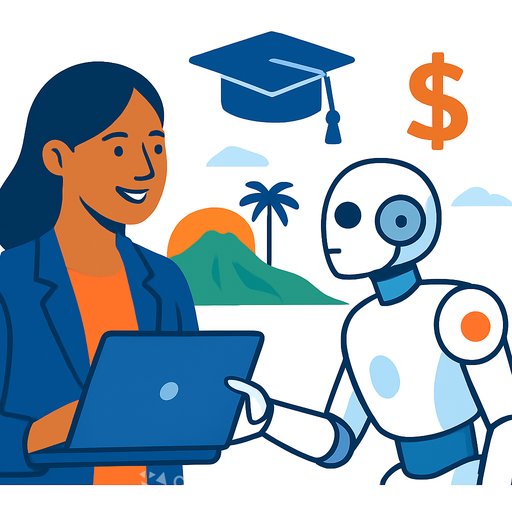Educators urged to embrace AI and global competencies
Schools can't prepare students for the future with methods built for the past. That was the clear message at the "Empowering Teachers for Future Education Summit" in Abuja, where speakers called for practical steps to equip teachers with AI skills and global competencies.
The focus wasn't hype. It was capacity-building, innovation that serves learning goals, and collaboration across schools, parents, and agencies. The ask: help teachers lead, don't leave them to figure it out alone.
The message from Abuja
Convener Dr. Onyekachi Onwudike-Jumbo urged a reset: invest in teacher readiness, align classrooms with global learning standards, and put modern tools in the hands of educators. The point was simple-students can't be future-ready unless teachers are set up to succeed.
She also flagged gaps in Nigeria and across Sub-Saharan Africa, including the high number of out-of-school children and unqualified teachers. These are solvable problems, but they require shared responsibility from schools, parents, and communities. For context on global data, see UNESCO's overview of out-of-school children and youth here.
Big moves announced
An AI Masterclass for Teachers is being launched to provide hands-on training and practical resources. Think of it as a fast path to foundational skills and classroom-ready use cases.
UBEC also highlighted a large-scale effort: training 875,000 teachers nationwide in 21st-century pedagogy and digital tools. The shift is clear-teachers are expected to facilitate learning and innovate with technology, not treat it as an add-on.
What experts stressed
Hansatu Adegbite (National Consultant to UN Women) underscored the influence teachers have on life outcomes and urged educators to integrate AI and emerging technologies to stay relevant. "Technology is not replacing teachers, it is amplifying their reach," she said.
She encouraged educators to build an entrepreneurial mindset too: explore new income streams, products, and services that align with their expertise-without compromising classroom focus.
Adedayo Benjamins-Laniyi (Mandate Secretary, Women Affairs Secretariat) praised teachers as nation builders and called for renewed efforts to restore dignity in teaching, promote practical innovation in classrooms, and inspire the next generation. The takeaway: meaningful change often starts with a single teacher who chooses to act.
What this means for schools and teachers
- Pick high-impact use cases first: auto-generate quizzes, draft feedback, summarize readings, translate materials, and plan lessons faster.
- Map AI skills and global competencies to your curriculum standards. Keep it explicit and assessable.
- Run peer-led professional learning cycles (6-8 weeks) with short demos, classroom trials, and reflection.
- Adopt clear AI-use guidelines covering privacy, acceptable use, academic integrity, and parent communication.
- Measure outcomes that matter: reading fluency, writing clarity, assignment completion rates, and teacher workload reduction.
- Bring parents and communities into the conversation-show the benefits, the risks, and the safeguards.
- Upgrade infrastructure in steps: shared devices, connectivity, offline-friendly tools, and basic digital literacy.
Quick-start toolkit
- Audit your staff's digital skills and confidence. Identify three training priorities for this term.
- Choose two AI tools and pilot them for six weeks with a small team. Keep a simple success metric and a reflection log.
- Create a shared prompt library for lesson planning, question banks, rubrics, emails, and reports.
- Plan student projects that build global competencies (e.g., SDG-aligned problem-solving, cross-cultural collaboration).
- Document two case studies per term. Share the process, the result, and what you would change next time.
Guardrails that keep trust
- Data protection first: use approved tools, avoid sharing sensitive student data, and turn off unnecessary data retention.
- Bias checks: review AI outputs for fairness and cultural relevance. Teach students to question and verify.
- Assessment integrity: mix oral checks, process portfolios, and in-class tasks. Make expectations clear.
- Teacher agency: AI can draft and suggest; the teacher decides. Professional judgment stays at the center.
Why it matters now
Global standards are moving. Employers want creativity, collaboration, digital fluency, ethical judgment, and cross-cultural awareness. AI can help teachers deliver those outcomes at classroom scale-if training and support are in place.
The Abuja summit made the ask plain: equip teachers, align systems, and keep students front and center. That's how education gets stronger-one practical change at a time.
Resources
- UNESCO: Out-of-school children and youth overview View resource
- Curated AI learning paths for educators: Explore courses by job
Your membership also unlocks:

